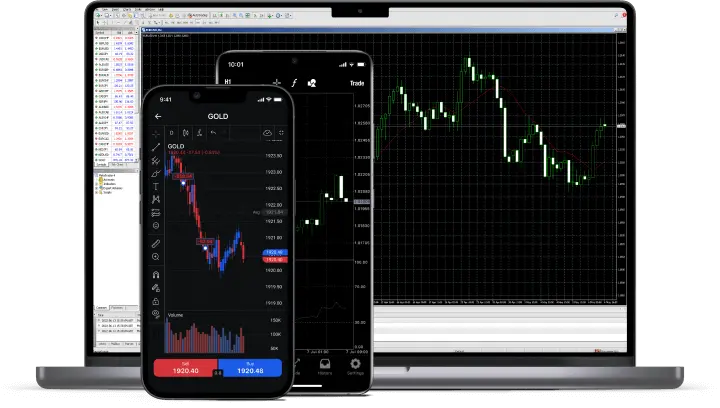A Trade Surplus occurs when the value of a country's exports exceeds the value of its imports during a specific period of time, typically a month or a year. It represents a positive balance of trade, indicating that the country is exporting more goods and services than it is importing.
Trade surpluses are often viewed as a positive economic indicator and can have several implications for the country's economy:
- Increased Revenue: A trade surplus generates revenue for the exporting country, as it earns more from its exports than it spends on imports. This can contribute to economic growth and help strengthen the country's overall financial position.
- Currency Strength: A trade surplus can lead to an increase in demand for the country's currency, which may cause its exchange rate to appreciate relative to other currencies. A stronger currency can have various effects on the economy, such as making imports cheaper and exports more expensive.
- Job Creation: Higher exports resulting from a trade surplus can stimulate domestic production and create job opportunities in export-oriented industries. This can help reduce unemployment and boost economic activity.
- Investment Opportunities: A trade surplus may attract foreign investment, as it signals a stable and competitive economy with strong export potential. Foreign investors may be more inclined to invest in countries with trade surpluses due to the perceived strength of their economies.
However, it's important to note that a trade surplus is not always beneficial and can have drawbacks, such as potential trade tensions with other countries, currency appreciation leading to reduced export competitiveness, and domestic imbalances if resources are not allocated efficiently.
Overall, trade surpluses play a significant role in shaping a country's economic performance and international trade relationships. Governments often closely monitor trade balances and implement policies to maintain trade surpluses or address trade imbalances when necessary.











